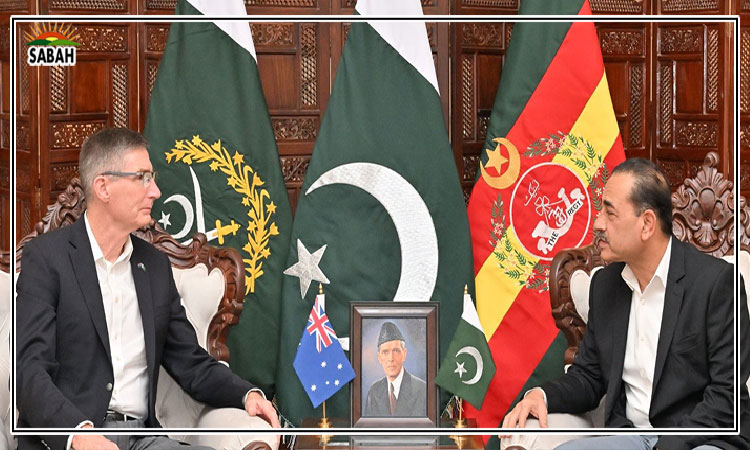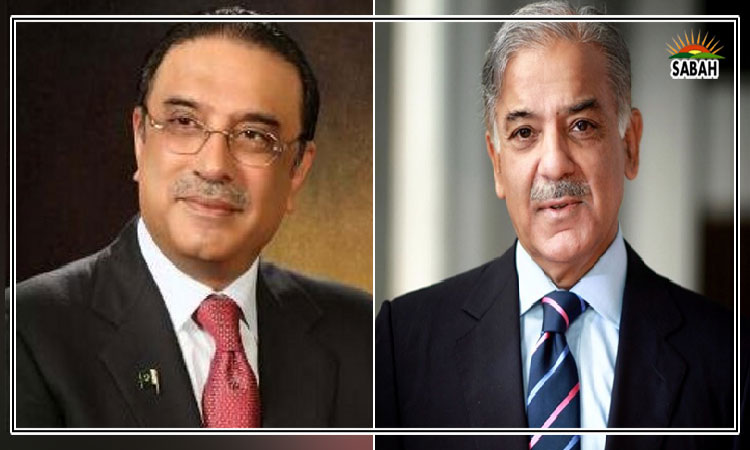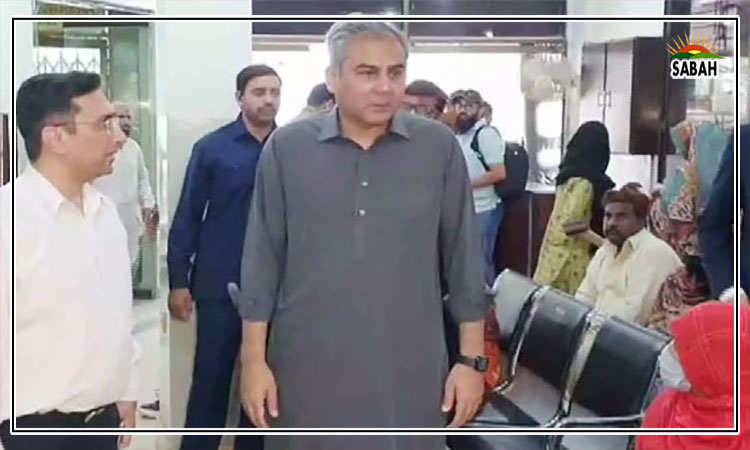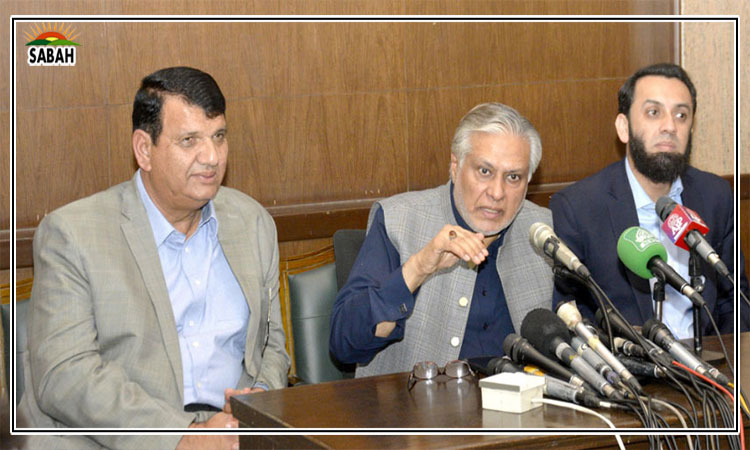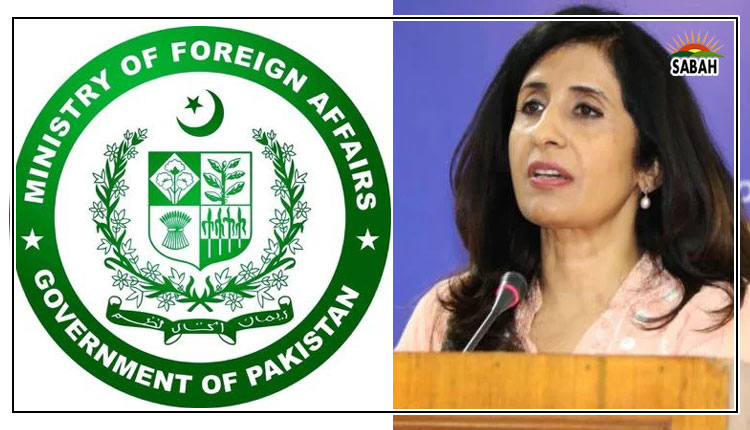India becoming the hub of narcos۔۔۔۔Durdana Najam
India’s involvement in the supply of chemicals for the production of illicit synthetic drugs like fentanyl and methamphetamine has been spotlighted by none other than the US State Department’s 2022 annual report on international narcotics control strategy. The report says: “Multiton consignments of precursor materials from India have been shipped to Africa and Mexico — this trend is expected to continue and expand.”
India’s vast pharmaceutical industry has also played a part in supplementing the drug trade within the country.
The latest annual report by the International Narcotics Control Board, an independent body that monitors compliance with United Nations drug conventions, notes, “The large chemical and pharmaceutical industries in India are vulnerable to the diversion of products to illicit markets by criminal networks.” It also warns that “the risk of diversion of illicitly manufactured fentanyl, methamphetamine, opioids and other substances and their trafficking within and out of India is expected to increase.”
Likewise, a bipartisan US commission on combating synthetic opioid trafficking recently found that India “is not far behind its eastern neighbour as a major producer of drugs and controlled chemicals that make their way into illegal drug supplies.”
India’s chemical and pharmaceutical industry has been under the radar because of its weak regulatory and legislative regimes and was endorsed by the Washington-based Brookings Institution in a study released in 2020 that examined the evolution of China’s anti-drug policies.
For a long time, India has been a significant source of chemical precursors used in the production of synthetic drugs such as methamphetamine in the region where Laos, Myanmar and Thailand meet (known as the Golden Triangle). In India, Fentanyl is not listed as a controlled substance, and the restrictions on its production and use were further relaxed when it was classified as an essential medical drug in 2014.
India has become a significant player in the global drug trade, serving as a distribution hub for narcotics to markets around the world. It has achieved this status at a breakneck pace, transitioning from a mere transhipment route for drugs to a booming drug market. Over the last two decades, India has profited from the drug business originating from Afghanistan, which accounts for over 80% of the world’s opium production. According to the International Narcotics Control Board (INCB), backed by the UN, India is contributing significantly to the global drug trade industry, which is worth over $650 billion.
A huge quantity of heroin destined for Delhi was apprehended at Mundra Port. The illicit substances were concealed within two containers that had been loaded at Bandar Abbas port in Iran and had initially originated from Kandahar. It is worth noting that Mundra Port is under the management of a firm owned by Gautam Adani, a prominent Indian business tycoon with close ties to Prime Minister Narendra Modi.
It is worth noting that the Italian Police’s seizure of a shipload of Tramadol, a drug that was allegedly being sold to the Islamic State in Libya, was traced back to an Indian pharmaceutical company that sold it for $250,000 to a Dubai-based importer. The police have described the drug trafficking and funding of terrorism in the region as indigenous sources of narco-terrorism in India, highlighting the need for urgent action to tackle this threat. This seizure indicates the scale of the problem and the need for international cooperation to combat it.
The International Narcotics Control Board (INCB) recently released their 2021 annual report, ‘Analysing the World Situation’, shedding light on the most pressing issues surrounding drug trafficking in India and South Asia. The report paints a bleak picture of the region’s drug scenario, with India being among the most frequently listed destinations for shipping drugs traded over the dark net. Additionally, the report highlights the vulnerability of large pharmaceutical companies in India to the diversion of their products towards narcotics trafficking.
Recent findings from both the Indian Border Security Force (BSF) and the Punjab Police have shed light on a new trend among smugglers in India who are now using drones to transport goods across the border. As per the media statement issued by the BSF, Indian smugglers are sending drones to Pakistan to load them with drugs, which are then transported back across the border.
In addition, some reports suggest that New Delhi may be utilising drug money to support anti-Pakistan proxies and cross-border terrorism to destabilise the country.
Reports suggest that New Delhi is using drug money to finance anti-Pakistan proxies and cross-border terrorism, intending to destabilise Pakistan. However, the truth is that India has a longstanding and secretive involvement in international drug trafficking. This is the story of India’s Golden Drug Silk Route, which involves high-stakes patronage and has ensnared powerful business magnates and political figures under the aegis of government officials.
India is a significant transit country for drugs that are smuggled to Europe and North America, and the country also has a significant domestic drug problem. Millions of people are addicted to drugs like heroin, opium and cannabis.
Experts in mainstream international media have drawn solid conclusions based on recent and past events, revealing India’s involvement in a sophisticated global drug-peddling network. As a result, India’s escalating role in international drug trafficking has been exposed.
The Financial Action Task Force (FATF) team is in India to conduct mutual evaluations and ensure that the necessary legal framework has been put in place and effectively implemented to combat money laundering and terrorist financing. The authorities must demonstrate their commitment to the cause, leave no room for doubt and question Delhi about the money laundered from and flowing into India in the garb of narcotics and the supply of chemicals used in the production of illicit drugs. It is this dirty money that ultimately, as mentioned, falls into the hands of terrorists, the price for which is paid at the cost of regional peace and stability.
Courtesy The Express Tribune, November 18th, 2023.


